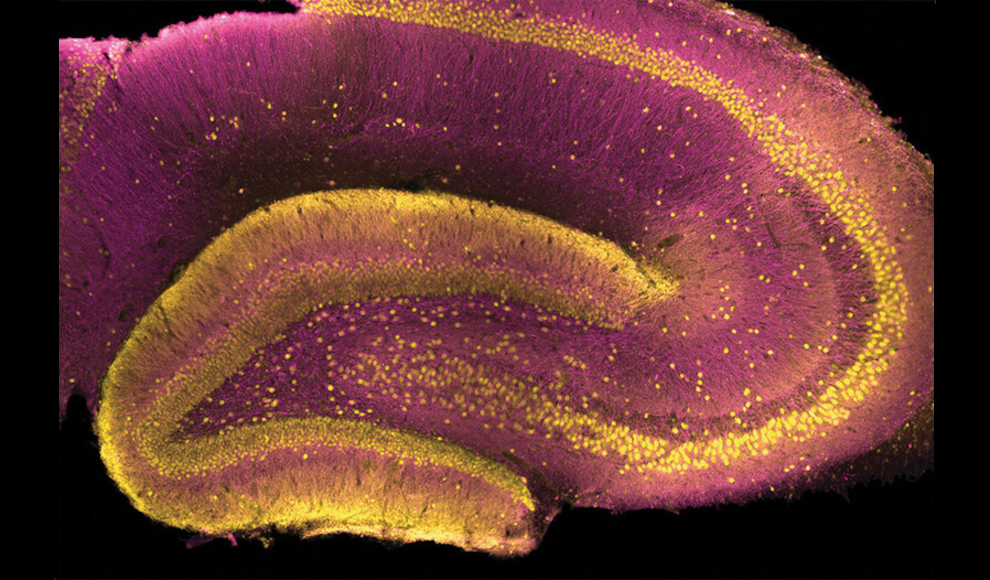A groundbreaking study has identified a gene mutation that affects the brain’s gatekeeper as the cause of schizophrenia. Schizophrenia is a mental illness that affects approximately 20 million people worldwide, causing disruptions in self-awareness, perception, paranoia, and hallucinations. While medicine has yet to determine the exact causes of the disease, it is known that there are risk genes for it. The strongest known risk gene is SAP97, which increases the risk of schizophrenia by 40%. However, the exact function of SAP97 has remained a mystery for decades.
SAP97 is known to be crucial for synaptic function and influences the neurotransmitter glutamate. However, no changes in the neurotransmitter’s brain metabolism have been found in people with a defect in the SAP97 gene. The researchers at the University of Southern California have discovered the exact location of SAP97, which is the gatekeeper region of the memory center in the hippocampus. The researchers found that when the SAP97 gene is defective, the synapses in the gatekeeper region overreact, causing neurons to work as if they are constantly being supplied with glutamate. This finding suggests that SAP97 is crucial for regulating the glutamate reaction in the gatekeeper region.
The study’s findings suggest that the development of schizophrenia is strongly linked to the function of the gatekeeper in the hippocampus. The researchers plan to investigate whether other risk genes for schizophrenia also affect the gatekeeper region. This discovery is a significant step forward in understanding the causes of schizophrenia and could lead to new treatments for the disease.










